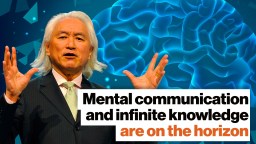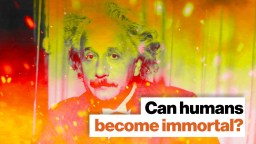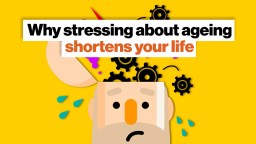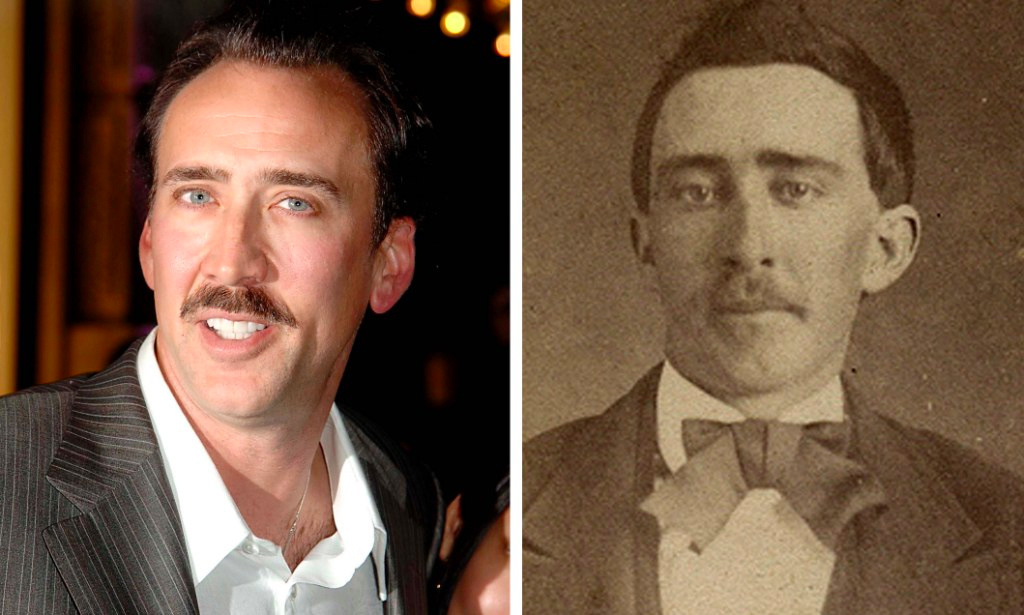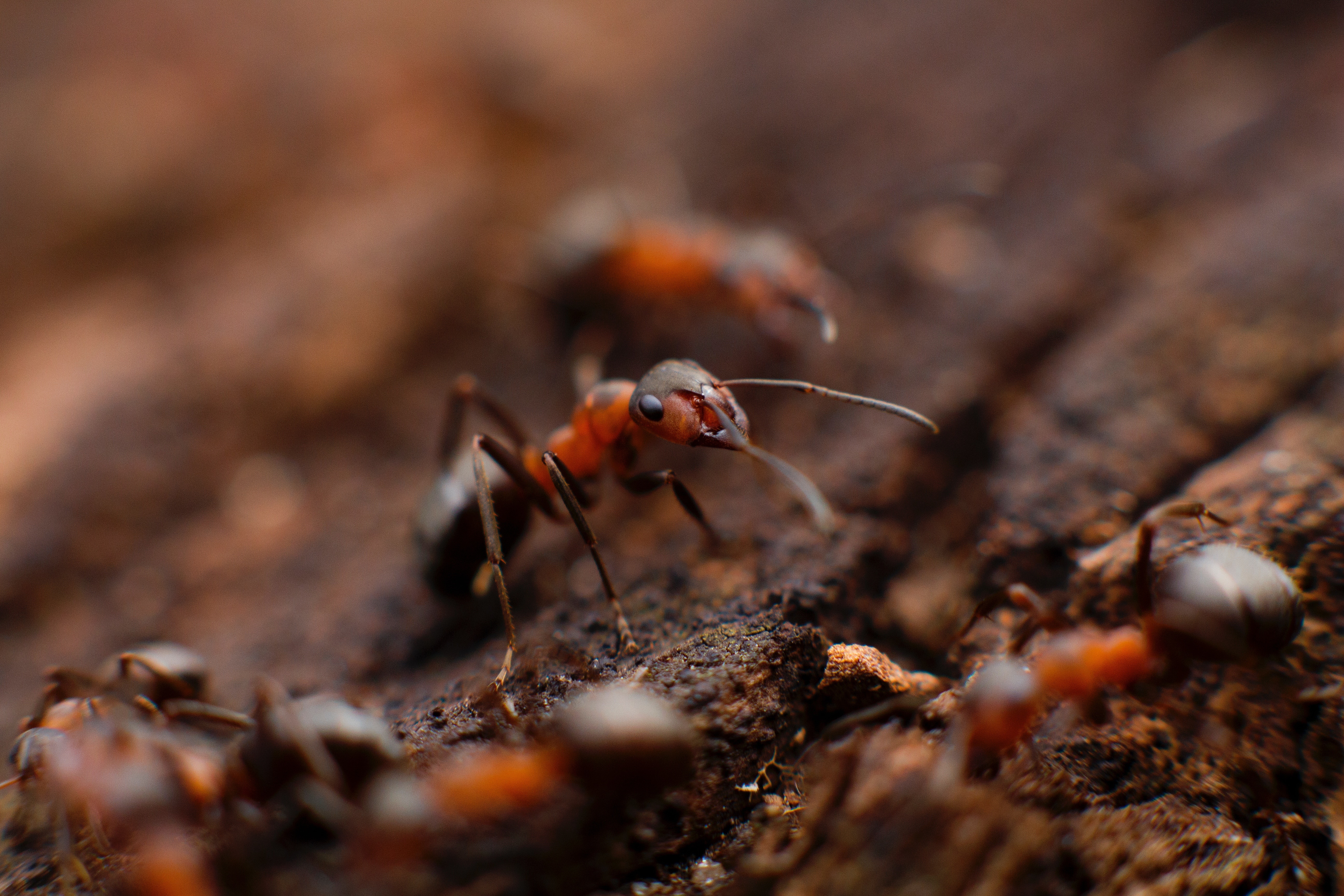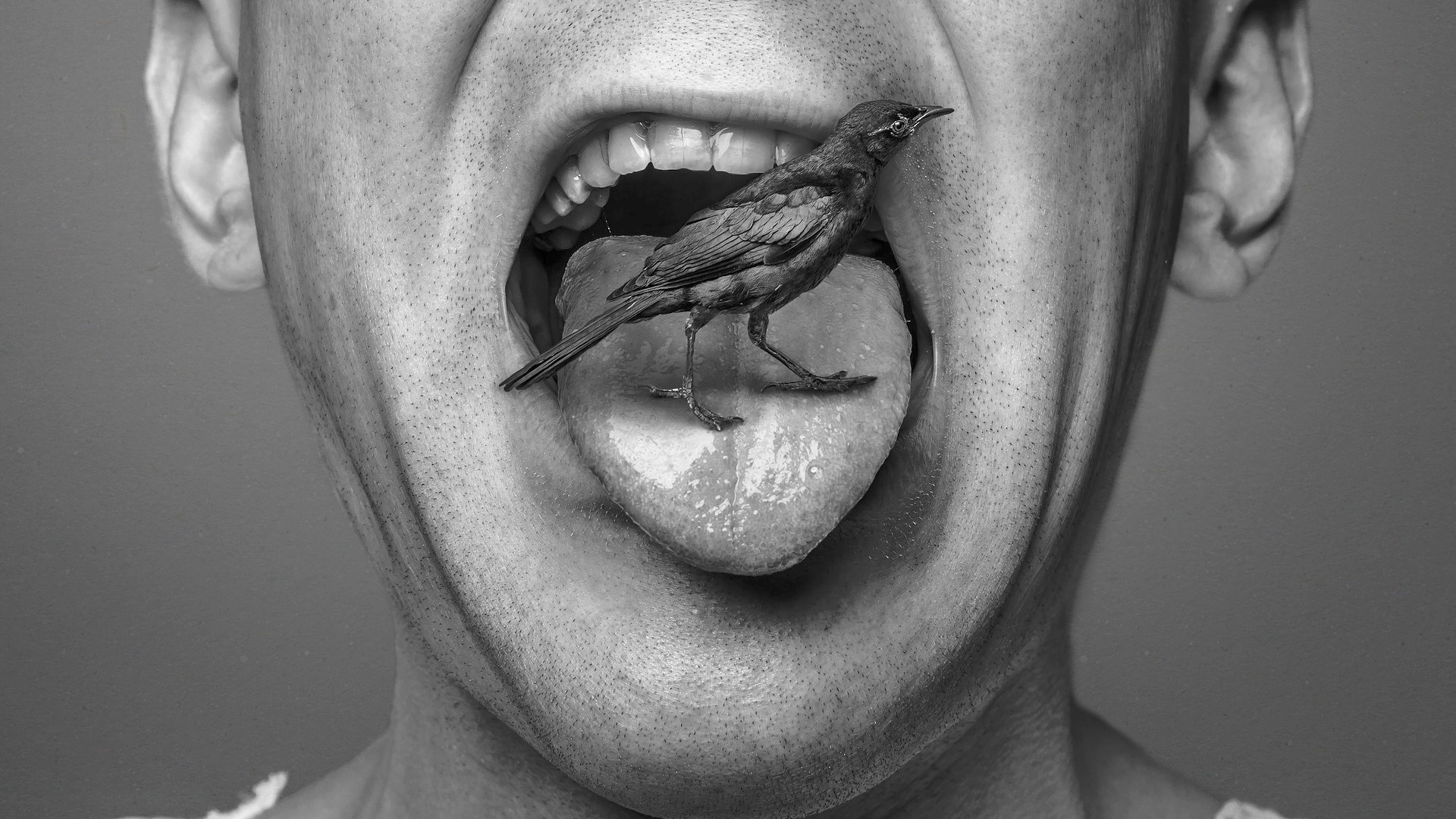memory
Some studies say they help, others say just the opposite. Let’s dig in to find the truth.
Soon we’ll be able to blink and instantly go online via computer chips attached to our eyes.
▸
3 min
—
with
Brain plasticity. Mindful superpowers. Pokémon invading our grey matter. Scientists have only begun to learn about the human brain.
It’s hard not to conclude that if you act like a child, maybe you’ll learn as effectively as a child, too…
Studying ‘episodic memory’ in animals may hold the key to understanding memory loss in humans.
Technology may soon grant us immortality, in a sense. Here’s how.
▸
4 min
—
with
New computing theory allows artificial intelligences to store memories.
Tips on how to intensify engagement with what you’re reading.
▸
2 min
—
with
Dementia, disrespect, and loneliness – that is not your future, says aging expert Ashton Applewhite.
▸
5 min
—
with
If you’re lacking confidence and feel like you could benefit from an ego boost, try writing your life story.
The Oedipal complex, repressed memories, penis envy? Sigmund Freud’s ideas are far-reaching, but few have withstood the onslaught of empirical evidence.
The formula for resilience? Hope, grit, and amnesia.
▸
4 min
—
with
The assumption “that without memory, there can be no self” is wrong, say researchers.
A study on the effects of LSD microdosing shows some fittingly strange results.
A new study shows promise for epigenetic treatments for humans suffering from Alzheimer’s disease.
Sometimes doing nothing means everything.
Even some teachers suffer from anxiety about math.
Researchers discover whether genes or social interaction shape personality.
Three study participants described their own memories as almost completely lacking a first-person perspective or involving any sense of “re-experiencing.”
Remaining mentally active slows dementia’s symptoms, if not its progress.
A study on flies may hold the key to future addiction treatments.
When you slow down after exiting the highway, or hush your voice in the library, you’re using this brain mechanism.
Famously unusual case studies that perplexed psychologists.
Attention rates, however, remained the same whether smoking or not.
Nasal inhalation may help us retain olfactory memories longer.

